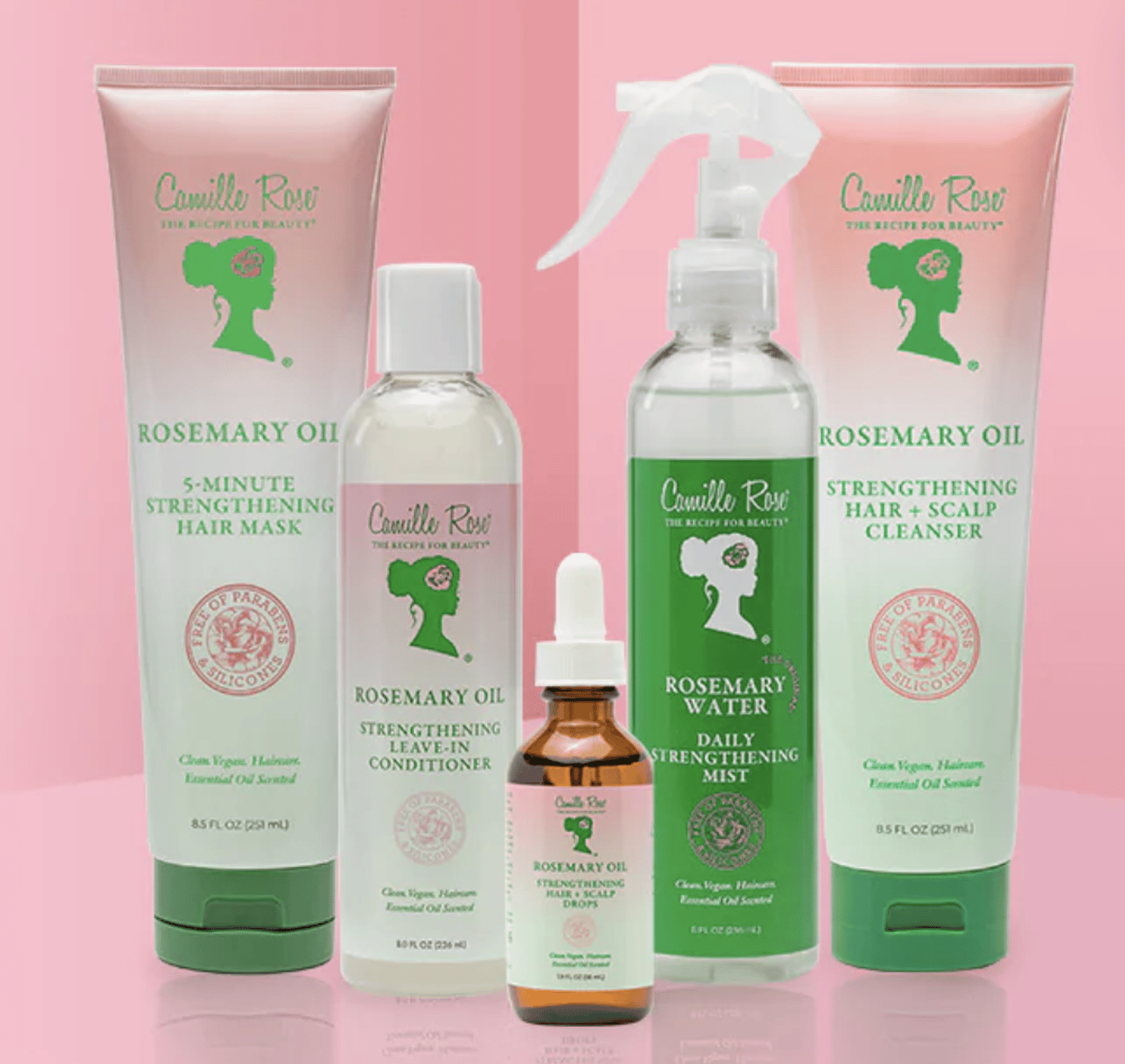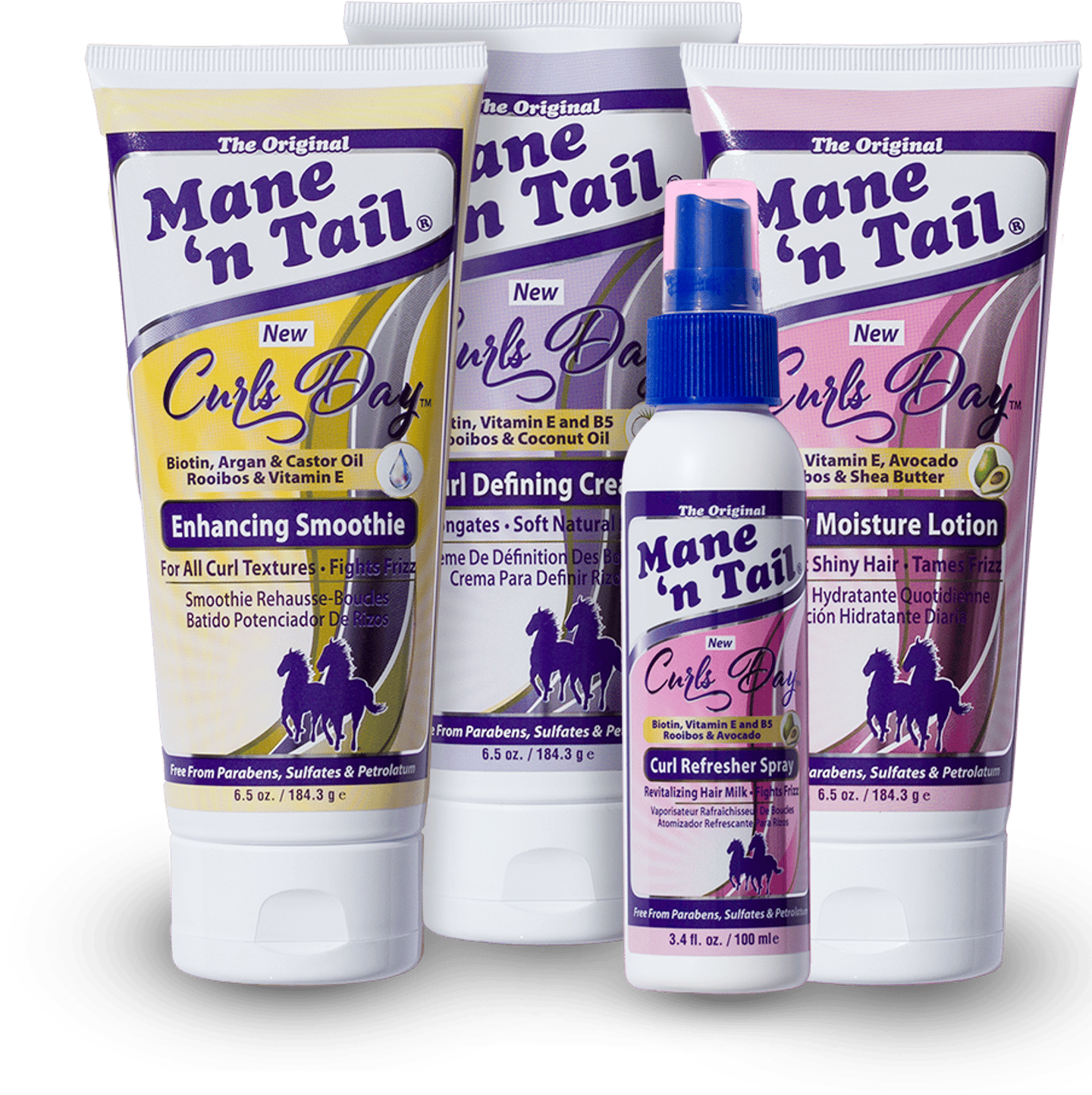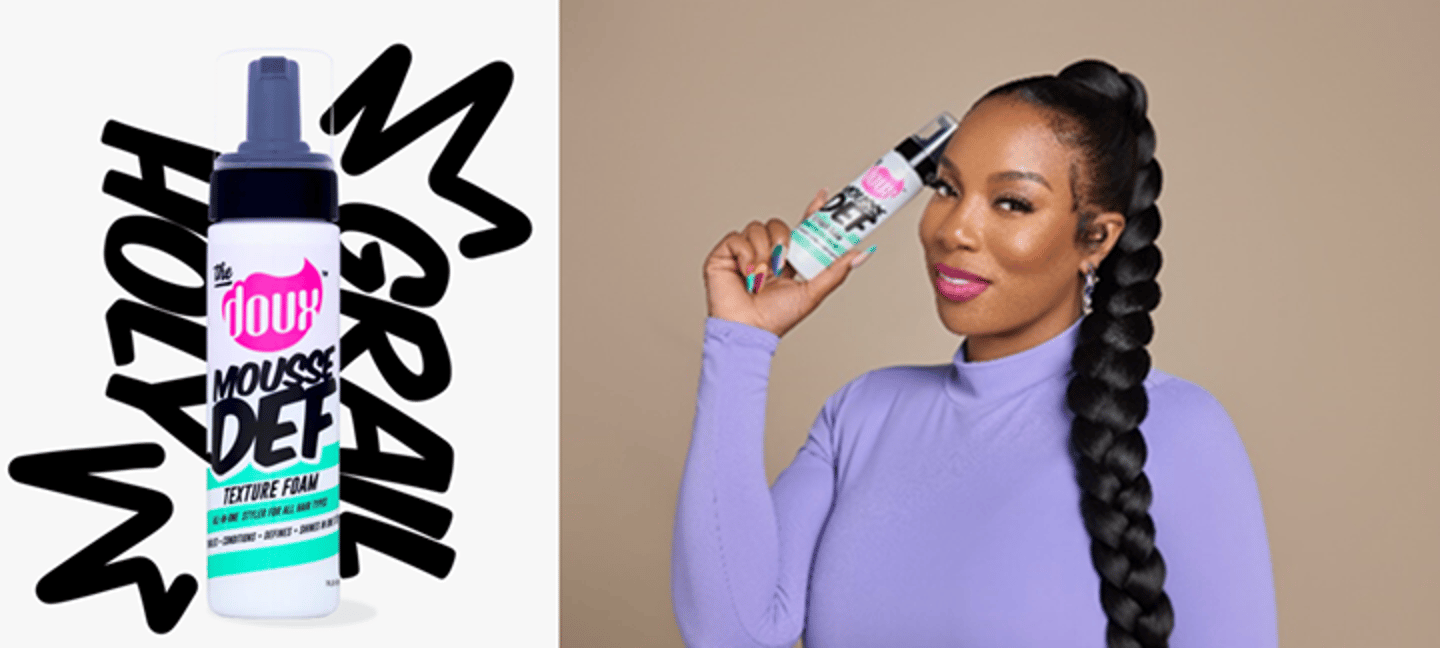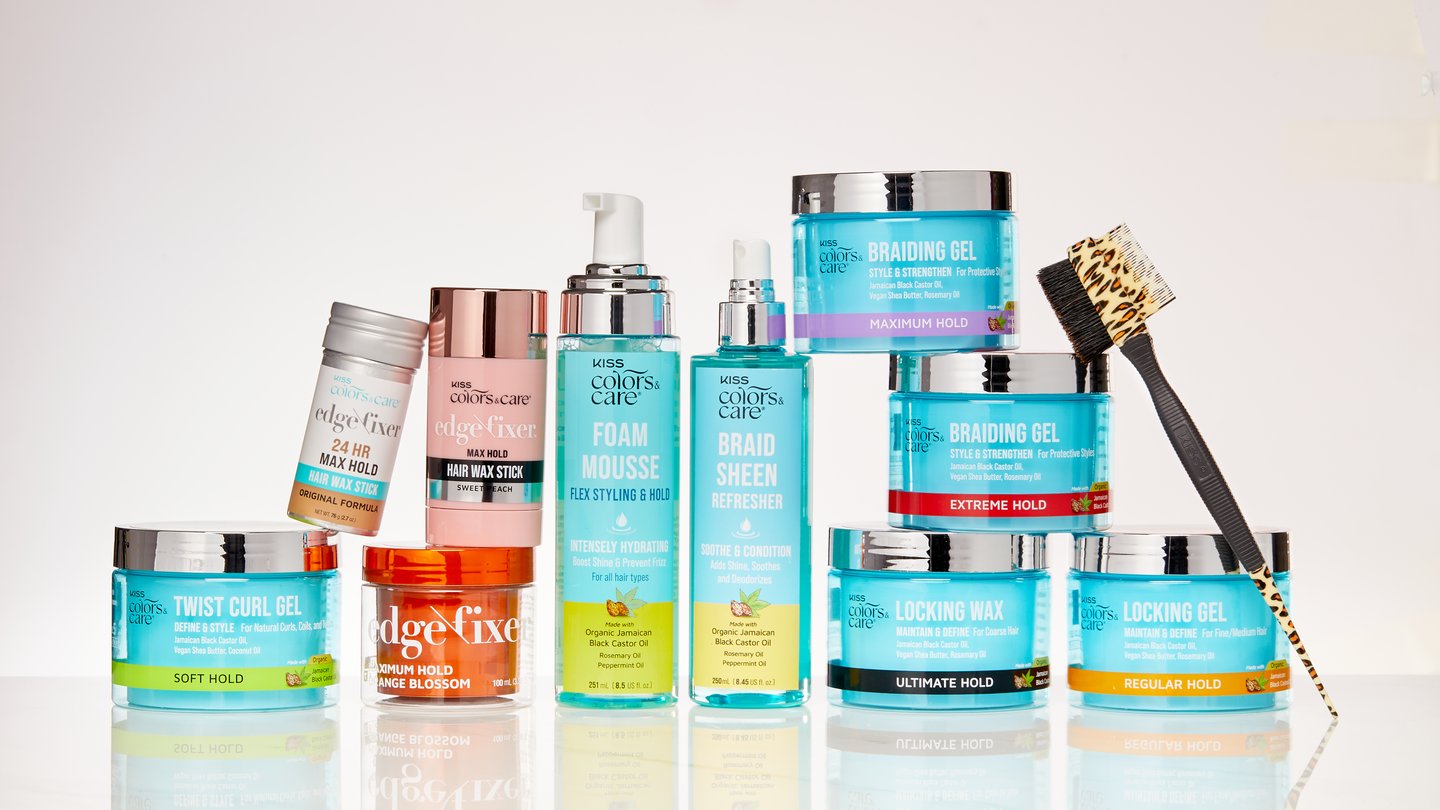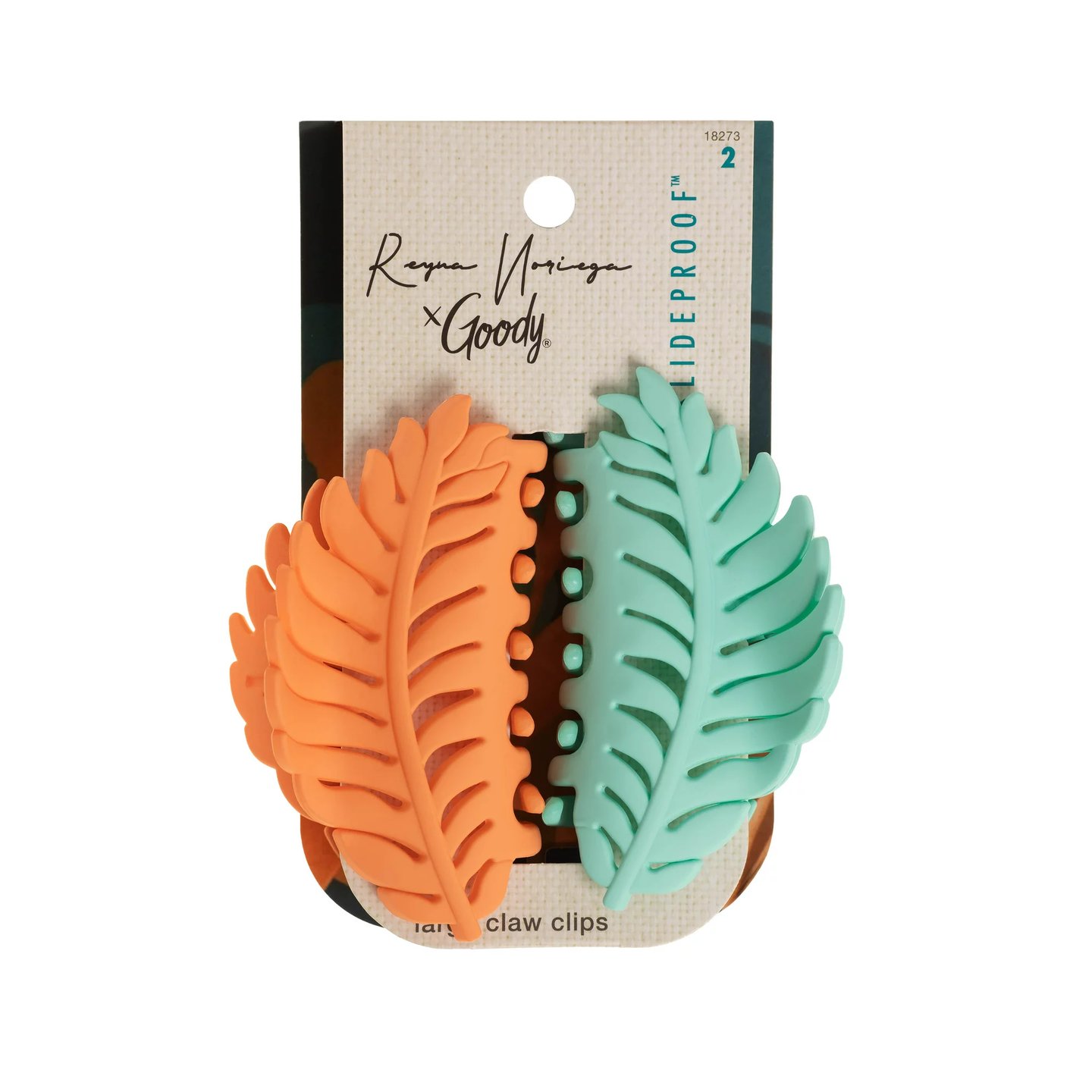Mass marketers broaden multicultural assortments for diverse consumers
There is an evolution in marketing to persons of color, and it is changing what mass merchant retailers stock and how they merchandise.
The category transitioned from the outdated label of ethnic to the more recent multicultural. Even more accurately, said Psyche Terry, founder of Urban Hydration and one of the industry’s trailblazers, people are moving toward using the term cross-cultural.
The face of America is literally changing and retailing needs to adapt. According to the U.S. Census, the multiracial population has changed considerably since 2010 when it measured at nine million people. In 2020, the percentage indicating they were of multi-races soared 276% to 33.8 million people. Notably, Black consumers over-index in purchasing beauty products and account for more than 11% of total beauty spending, according to McKinsey.
Dovetailing with that, products created by BIPOC founders appeal beyond ethnicity, especially textured hair products. Estimates vary, but most experts believe at least 60% of Americans label their tresses as curly, coily or wavy.
The creators pride themselves on working hard to solve issues that can benefit all consumers. For some brands survival is based on broadening the reach; others prefer to be steadfast in serving a specific market. What is important is there is a pathway for both strategies.
[Read more: Carol’s Daughter partners with Disney’s The Little Mermaid]
Gen Z is a cohort willing to try new products and they don’t put themselves in a box, according to Creighton Kiper, merchandising vice president of beauty at Walmart. Consumers look for products to solve needs. “Gen Z actually identify themselves as multicultural more than they do not so that becomes an opportunity and a space for us to grow,” Kiper said at a recent chat hosted by CEW.
Chris Lopez, marketing director for Okay Pure Naturals, explained that his company caters to communities first. “We hand-bottled and distributed this product personally to the specific communities and independent retailers who requested this item. That’s why, in a way, we never really think about what we do in terms of multicultural or ethnic. There's something about those terms that don't seem authentic to us, as a company. We've grown by trust within communities by fulfilling daily care and beauty needs with unique high-quality natural products at affordable prices."
Lopez added, “There are so many reasons why the old paradigm of thinking about ‘multicultural’ needs to be shed—and in exchange, you get bigger, better business… by simply being better people.”
Terry said the beauty industry mirrors trends in grocery. As far as beauty, retailers have figured out that more than 50% of Americans consider themselves mixed race or multicultural, she said. “Urban Hydration found success early by being the first mass brand to clean beauty because we followed trends of grocery. You can walk into a well-known grocery store and have an entire cultural experience.”
[Read more: Finding gaps in the market can lead to further growth]
To achieve that, Terry admitted it will take extra steps for buyers to consider more than “hair as a differentiator,” and space planners will need to find a way to communicate in the aisles.
The importance of building out portfolios with products for diverse consumers was underscored earlier this year with Procter & Gamble's purchase of Mielle Organics. Founder Monique Rodriguez made it clear she was sold to build the brand. "This deal increases the availability of our products," she said, adding there were no plans to change formulas. For P&G, the acquisition helps the megabrand expand its offering for people with textured hair.
Despite efforts by brands and retailers, there is still a lot of runway for growth. According to McKinsey, even though Black consumers are responsible for 11.1% of beauty spending, Black brands comprise only 2.5% of revenue. Black consumers are 2.2 times as likely to conclude that products from Black brands will work for them. However, only 4% to 7% of beauty brands carried by specialty beauty stores, drug stores, grocery stores and department stores are Black brands, per McKinsey.
Industry leaders are working hard to change those metrics. Retailers are getting high marks for recent efforts they’ve made to gear up for consumers of all ethnicities, skin tones, hair types and genders.
Walmart’s Start program, Target Start Up and Ulta Beauty help incubate brands founded by BIPOC entrepreneurs. Walgreens revamped its hair care department in the past two years to have liquid products suited for textured hair as well as hair accessories. CVS added a host of Black-owned brands over the past year and nearly 200 items from existing Black-owned brands.
[Read more: Transparency influences shopper’s beauty, personal care purchases]
Retailers realize they need more than just shampoos and conditioners. That has boosted demand for items from Firstline, which offers brushes and combs, sleep caps and styling accessories. Mass marketers are also adding more brands curated by Latinx and Asian American Pacific Islanders.
The opportunities to expand brands created by BIPOC founders are rooted in the fact that many of these launches are clean and solve specific issues even beyond hair.
New Products
The Doux
Founded by Maya Smith, a licensed cosmetologist, The Doux has the best-selling, Black-owned mousse brand at Target–Mousse Def. The one-product styler has quadrupled in sales over the past four years and sold more than half a million units. Mousse Def retails for $14.99 and is sold at Target, Sally Beauty and Walmart.com
Kiss Colors & Care
Kiss launched a styling collection to transform the protective hair styling experience by providing a versatile collection of nourishing, scalp-friendly products infused with organic Jamaican black castor oil, peppermint oil, rosemary oil and biotin B7. The collection includes edge control, new edge wax sticks, braid, loc and twist gels, foam mousse and braid sheen refresher spray.
The collection is available at KISScolors.com, Walmart, Amazon and select CVS stores and retails between $1.09 to $50 for a styling tool.
Goody Tru
The Goody Tru x Reyna Noriega, Goody Tru x Hola Lou, and Goody Tru x Let It Happen launched in February 2023 priced between $3.98 to $11.98 and are sold exclusively at 3,000-plus Walmart stores and Walmart.com.
Camille Rose Rosemary Oil
Camille Rose launched a vegan hair care collection made to stop breakage, strengthen strands and promote healthy hair growth for all textures. The collection ranges from $9.99 to $14.99.
Mane ‘N Tail Curls Day
Mane ‘N Tail is a brand that appeals to all consumers with textured hair. Curls Day is a new collection featuring 11 natural ingredients including biotin, rooibos and coconut oils. It sells for $11.99 to $43.99.


